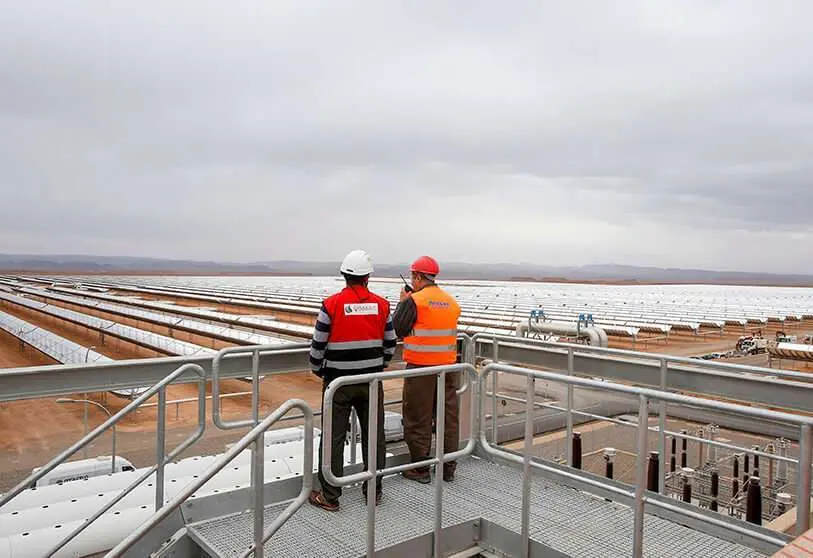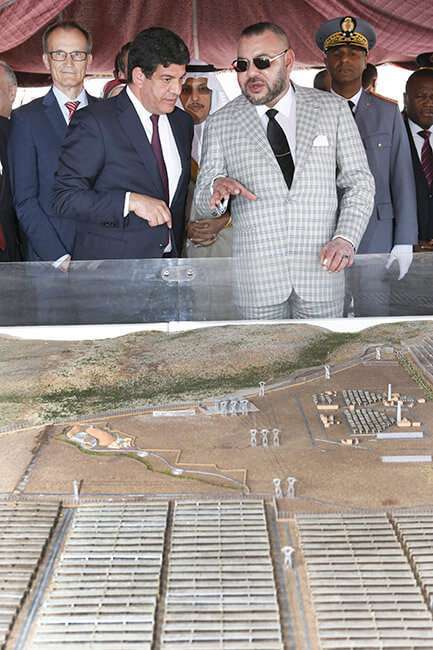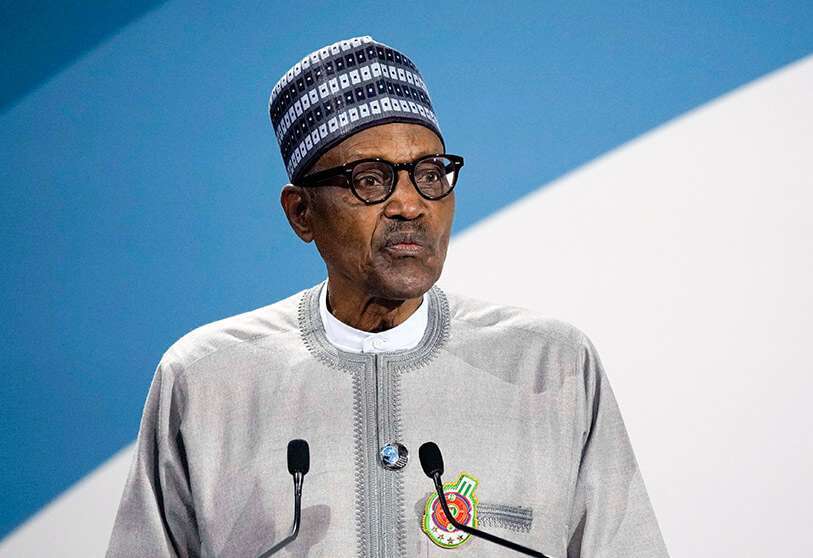Marruecos y Nigeria desarrollarán un proyecto conjunto de energía solar en Jigawa

Morocco and Nigeria have intensified their contacts in recent months. The gas pipeline connecting the two countries, which has gained importance due to Rabat's diplomatic rift with Algiers - the project was launched in 2016 - is just a few steps away from becoming a reality, following the telematic meeting between Moroccan and Algerian representatives just a week ago. A few days later, the intention to collaborate on a solar energy project in the state of Jigawa - in the north of Nigeria, on the border with Niger - was announced, with the aim of improving electricity production in the state and its neighbouring states.

The project, which will cover some 200,000 hectares, according to local media The Guardian, was announced by Sagir Musa Ahmed, Jigawa state commissioner for land, housing, urban and regional planning. He said it was an initiative of the Moroccan government in collaboration with the Nigerian federal government and the government of Jigawa state. The aim of the project is to improve electricity supply throughout the country, with a particular focus on the regions of Zamfara, Jigawa, Katsina and Yobe.
Musa Ahmed said that "what we are focusing on now is how to project our progress over the next ten years as part of an efficient and effective territorial administration system". Therefore, this joint project with Rabat comes at a time of utmost importance as it joins several initiatives already launched by the Nigerian government. These projects have earmarked up to 934,000 hectares of land for industrial purposes, as many hectares for state and federal institutions, and just under 200,000 hectares for the expansion and construction of new hospitals, according to the Jigawa commissioner.

All these efforts are focused on having the capacity to "put in place sound urban planning initiatives". Therefore, the assistance of Morocco, whose weight in the region's politics and economy is increasing due to its exponential growth in overcoming the effects of the COVID-19 pandemic, is essential to "create modern and developed cities in the near future", as Sagir Musa Ahmed explained.
A good example of the potential of the partnership between Moroccans and Nigerians is the agreement for the financing of the Front-End Engineering Design (FEED) study. This will be responsible for studying the feasibility and final cost of the creation of the gas pipeline between the two countries, whose total budget could exceed 90 million dollars, according to initial estimates. The pipeline would make it possible to supply gas to 15 countries on the African continent and has received the direct support of King Mohammed VI of Morocco and Nigerian President Muhammadu Buhari.

The last of the meetings between representatives of the two countries had a "positive boost to bilateral relations in all areas", according to the official communiqué published by the Morocco Royal Court. This telematic meeting brought together Mansur Muhtar, representative of the Islamic Development Bank (IDB), which will provide 15 million dollars to each country for the development of the gas pipeline, together with the vice-president of the IDB, and Nadia Fettah, representing the government of Aziz Akhanouch and Minister of Economy and Finance, accompanied by Amina Benkadra, director general of the Office of Hydrocarbons and Mines (ONHYM), marks a turning point in one of the most important projects for Morocco and Nigeria, which, in parallel, continue to work on new projects to form a solid economic alliance.










